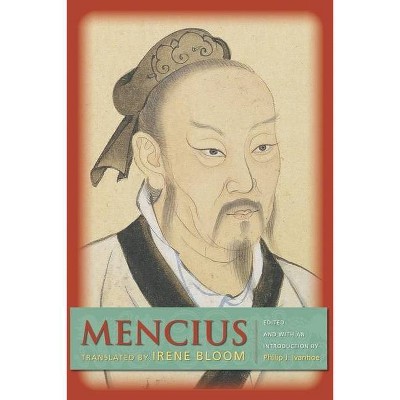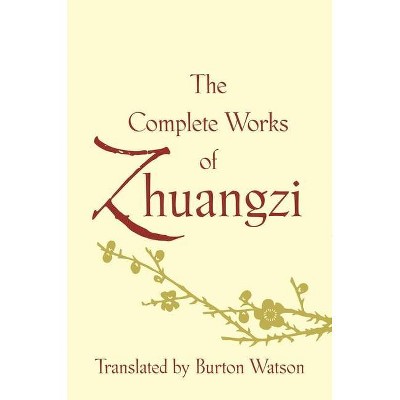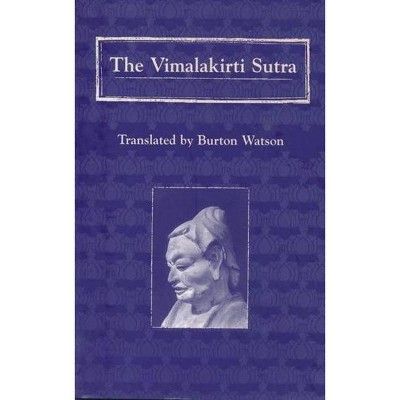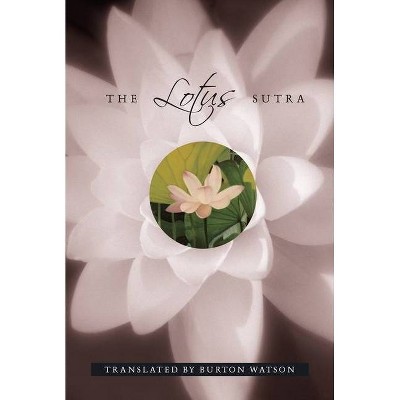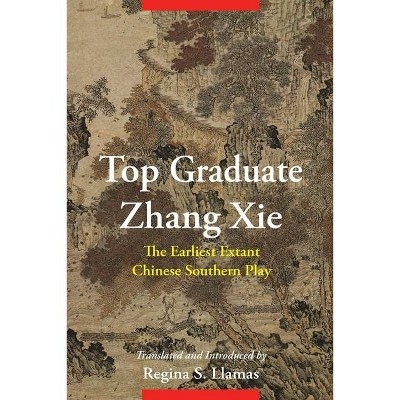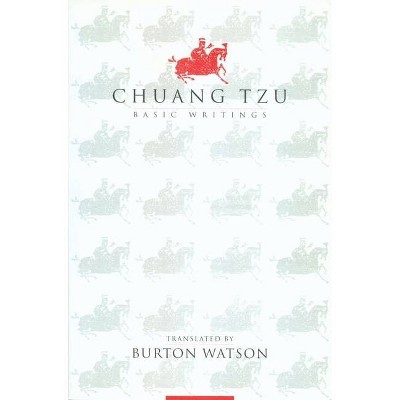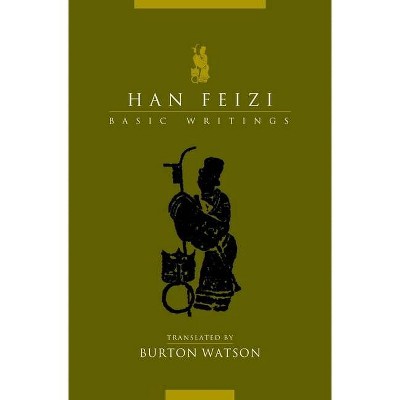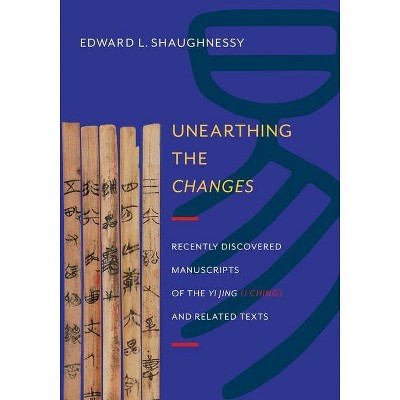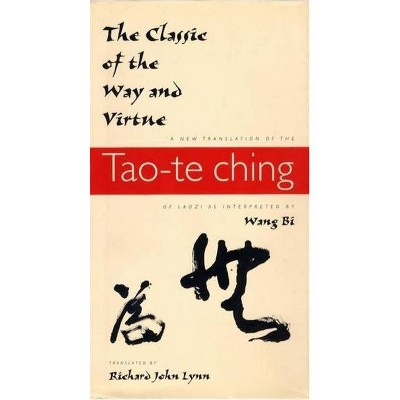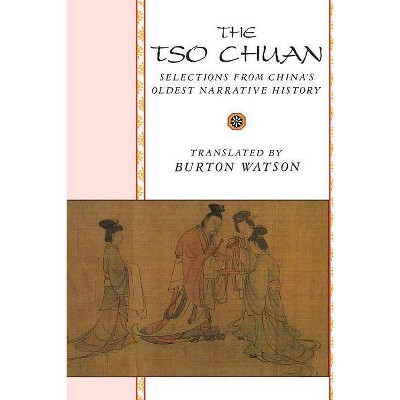The Mozi - (Translations from the Asian Classics) (Hardcover)
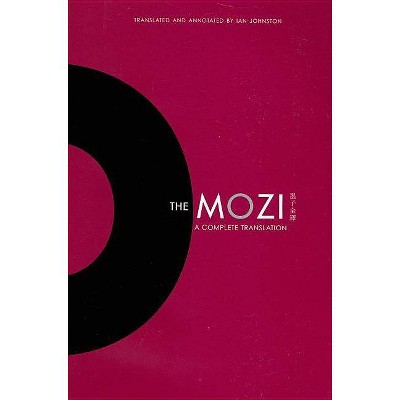
Similar Products
Products of same category from the store
AllProduct info
<p/><br></br><p><b> About the Book </b></p></br></br><P>Mozi (fifth century B.C.) was an important political and social thinker and formidable rival of the Confucianists. He advocated universal love -- his most important doctrine according to which all humankind should be loved and treated as one's kinfolk -- honoring and making use of worthy men in government, and identifying with one's superior as a means of establishing uniform moral standards. He also believed in the will of Heaven and in ghosts. He firmly opposed offensive warfare, extravagance -- including indulgence in music and allied pleasures -- elaborate funerals and mourning, fatalistic beliefs, and Confucianism.<p/><br></br><p><b> Book Synopsis </b></p></br></br><p>The <em>Mozi</em> is a key philosophical work written by a major social and political thinker of the fifth century B.C.E. It is one of the few texts to survive the Warring States period (403-221 B.C.E.) and is crucial to understanding the origins of Chinese philosophy and two other foundational works, the <em>Mengzi</em> and the <em>Xunzi</em>. Ian Johnston provides an English translation of the entire <em>Mozi</em>, as well as the first bilingual edition in any European language to be published in the West. His careful translation reasserts the significance of the text's central doctrines, and his annotations and contextual explanations add vivid historical and interpretive dimensions.</p><p>Part 1 of the <em>Mozi</em> is called the "Epitomes" and contains seven short essays on the elements of Mohist doctrine. Part 2, the "Core Doctrines," establishes the ten central tenets of Mo Zi's ethical, social, and political philosophy, while articulating his opposition to Confucianism. Part 3, the "Canons and Explanations," comprises observations on logic, language, disputation, ethics, science, and other matters, written particularly in defense of Mohism. Part 4, the "Dialogues," presents lively conversations between Master Mo and various disciples, philosophical opponents, and potential patrons. Part 5, the "Defense Chapters," details the principles and practices of defensive warfare, a subject on which Master Mo was an acknowledged authority. Now available to English-speaking readers of all backgrounds, the Mozi is a rich and varied text, and this bilingual edition provides an excellent tool for learning classical Chinese.</p><p/><br></br><p><b> Review Quotes </b></p></br></br><br>Ian Johnston should be congratulated--saluted--for providing this hefty and much needed addition to contemporary scholarship on early Chinese thought.--Philosophy East and West<br><br>This is a complex and fascinating account of the philosophy of life actions according to Master Mo... Highly recommended.--Choice<br><p/><br></br><p><b> About the Author </b></p></br></br>Ian Johnston has published articles on the later Mohists and Gongsun Long, as well as two books of translations of early Chinese poetry, <i>Singing of Scented Grass</i> and <i>Waiting for the Owl</i>. He has also published a translation of four Galenic treatises on the theory of medicine and is currently preparing a bilingual version of Galen's magnum opus on treatment, the <i>De methodo medendi</i>.
Price History
Cheapest price in the interval: 90.99 on October 22, 2021
Most expensive price in the interval: 90.99 on December 20, 2021
Price Archive shows prices from various stores, lets you see history and find the cheapest. There is no actual sale on the website. For all support, inquiry and suggestion messagescommunication@pricearchive.us
